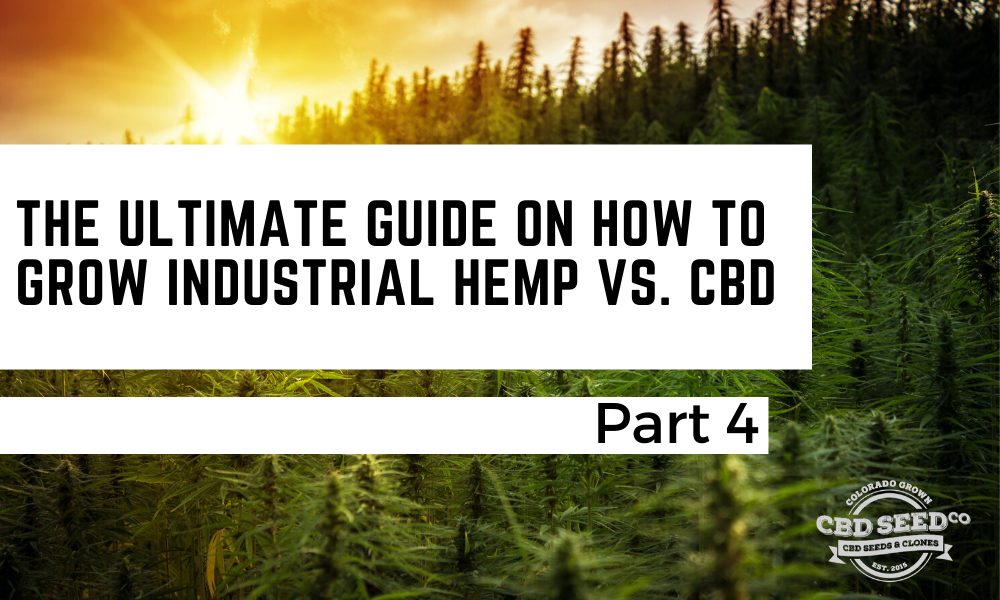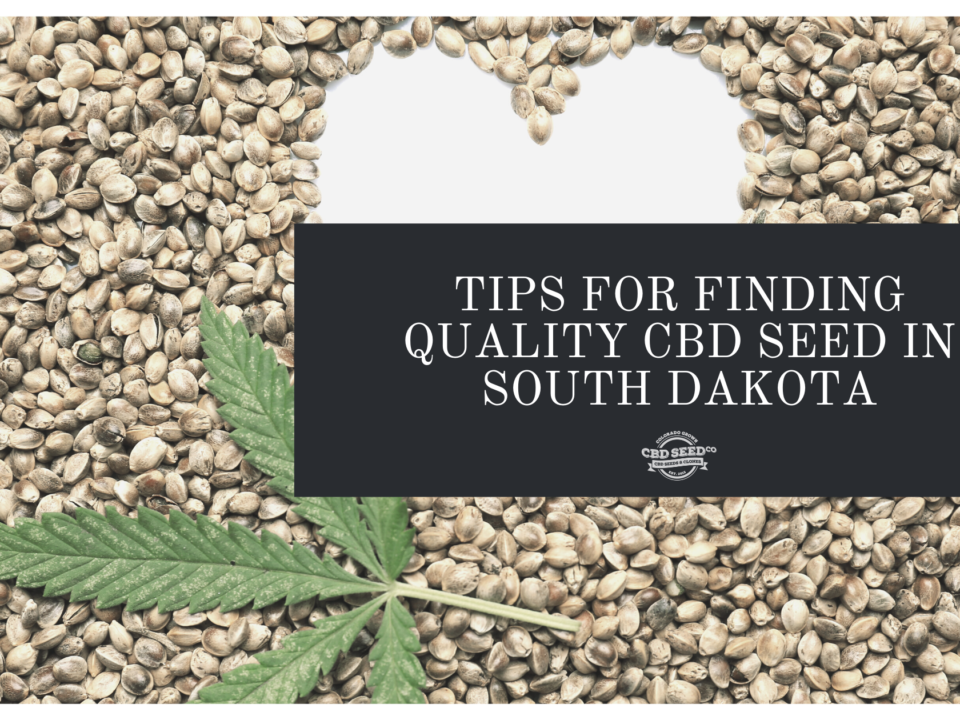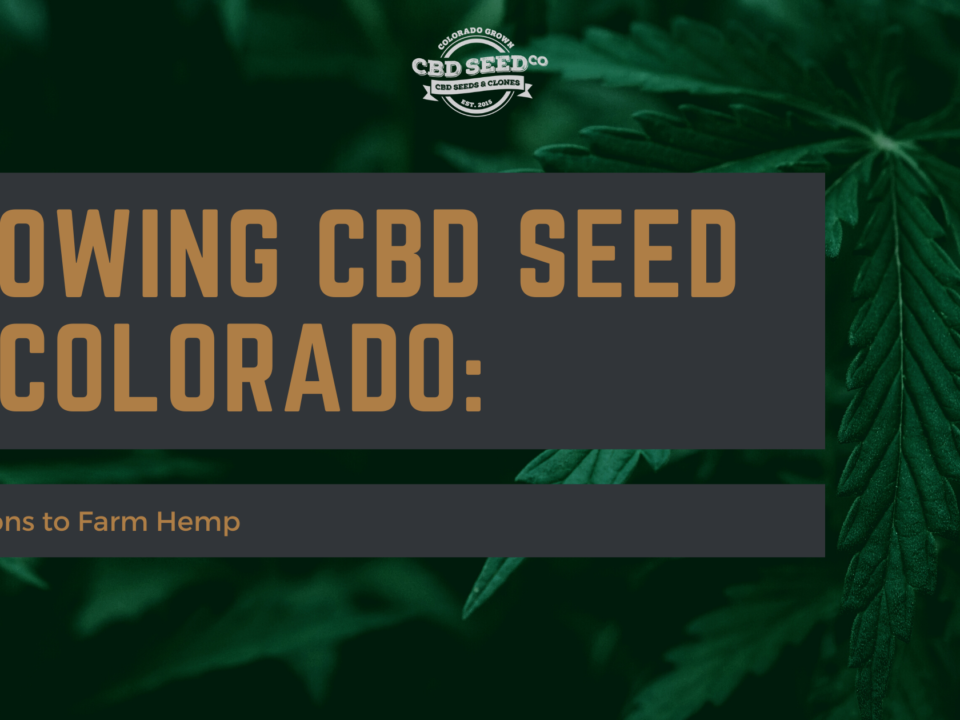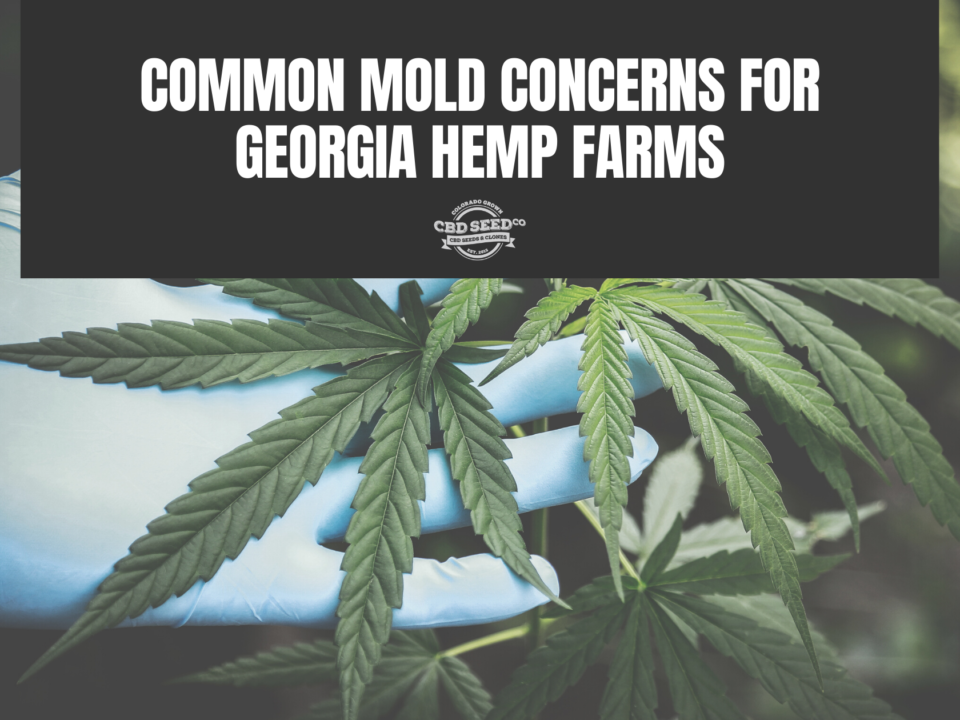The Ultimate Guide On How To Grow Industrial Hemp Vs. CBD Hemp Part 4

The Ultimate Guide On How To Grow Industrial Hemp Vs. CBD Hemp Part 3:
February 24, 2020
What’s the Difference Between Feminized and Traditional CBD Seed?
February 27, 2020In the final installation of this 4 part blog series we look at the final outcomes of growing hemp for fiber vs. CBD. Specifically, we will look at all the amazing products both of these high-value crops yield. Also we will look at the risks of growing either.
High CBD Hemp Products
These days you can find CBD in almost any product imaginable. From basic CBD Oils to capsules, topicals, gummies, bath products and more. But, it is important to note that the FDA has not determined the efficacy of any product containing CBD. The following uses are not scientifically proven but self-reporting and anecdotal evidence may point to CBD being used for
- Anxiety Relief
- Insomnia Relief
- Stress Relief
- Lessening PTSD
- Seizure Reduction
- Pain Relief
- Reduction of Inflammation
Furthermore, research is being done on the use of CBD oil for treating:
- Alzheimer’s disease
- multiple sclerosis (MS)
- Parkinson’s disease
- Cancer
As more and more studies are completed and evidence gather we will soon have a better idea of exactly what CBD does and does not do for that matter.
Industrial Hemp Products from Agricultural Hemp
Unlike CBD products which are still under review–the benefits of industrial fiber hemp products are clear, visible and defined. It can be used to make a huge amount of different products and has many tangible applications.
A shortlist of these agricultural hemp products include
- Bedding
- Rope
- Clothing
- Plastics
- Paper
- Shoes
- Biodiesel
- Soap
- Hempcrete
- Diapers
The uses of hemp in material science are extensive and quickly being discovered and implemented.
The Risks of Growing Industrial Fiber Hemp vs. CBD Hemp
Like any venture, growing hemp has inherent risks–regardless of which final application you are growing it for. Like almost anything related to these two different arms of the same branch–some of the risks overlap, while others are seed-specific.
The Risk of Growing CBD Hemp
- CBD hemp is definitely a more fickle grower than it’s agricultural friend. Therefore, the risks associated with weather are pronounced since CBD hemp needs a bit more water. It also has issues associated with the prohibition of herbicides, insecticides or fungicides.
- The prices of CBD hemp change drastically by the month and possibly even the week.
- The risk of male crops hurting a CBD crop is far higher than with agricultural hemp.
- Hemp CBD plants pose a challenge for harvesting–due to the high value of the flower. Traditional harvest tools are simply too blunt of an instrument to efficiently harvest delicate CBD plants but new equipment is being developed.
- The efficacy of CBD is still a matter of debate. This debate is warranted since there is not enough data, at this time, for any company to make any FDA approved claim. Hopefully, the boost in CBD hemp farming and more testing will eventually bring to light the science behind anecdotal evidence and CBD will become a proven remedy or even cure for a variety of human ailments.
Industrial Fiber CBD Risks
- Agricultural hemp pays out significantly less than CBD hemp. A farmer can expect a range of 7-11 cents per pound. But sometimes a buyer will give a guarantee of price per acre.
- The quality of hemp grown for fiber is still an issue for many new hemp farmers. Since seeds are imported from other countries–the risk of “fake”.
- Although weather is not as much of a threat to industrial hemp crops, as of now, there is no powerful way to prevent disease, pests, and weeds because herbicides, insecticides or fungicides are prohibited.
- The prohibition of herbicides, insecticides or fungicides in both CBD hemp and agricultural hemp are because hemp used as a bioremediator still may contain residual toxins. This is being studied but even if this is the case, hemp should be able to be used for some products–perhaps biofuel.
This ends our 4 part blog series, The Ultimate Guide to Growing Hemp. Contact us at CBD Seed Co for more information on hemp seeds, farming and white-labeling today!





